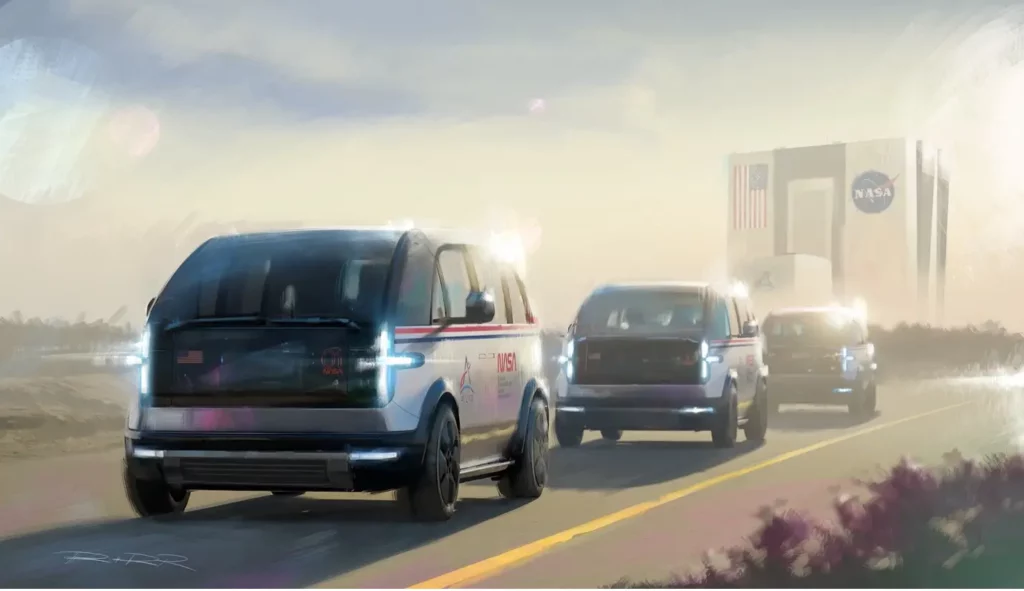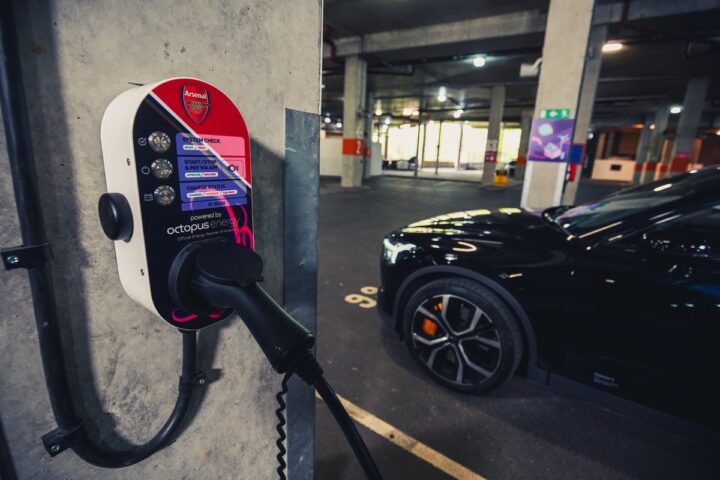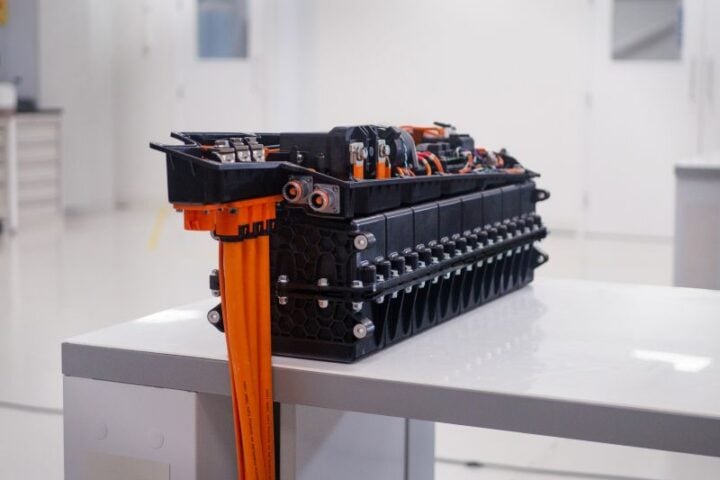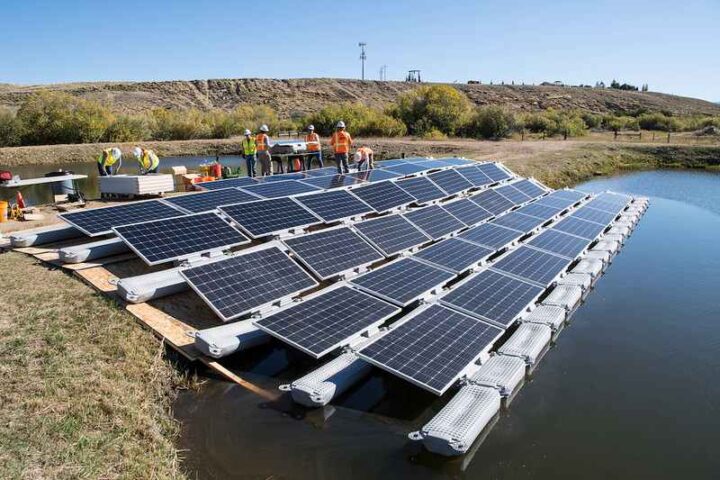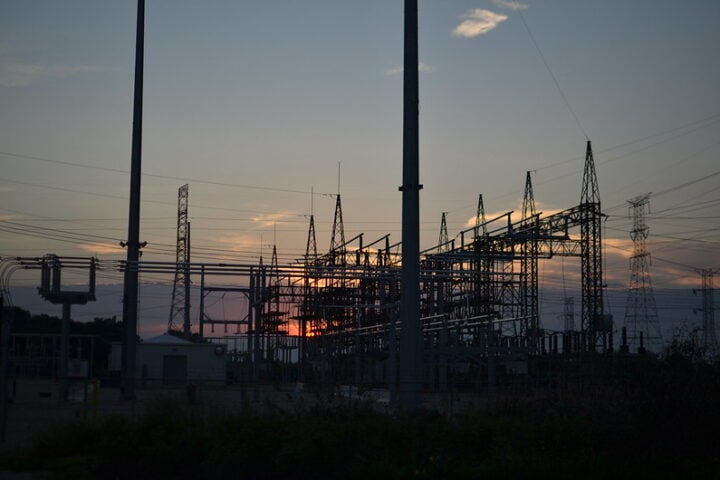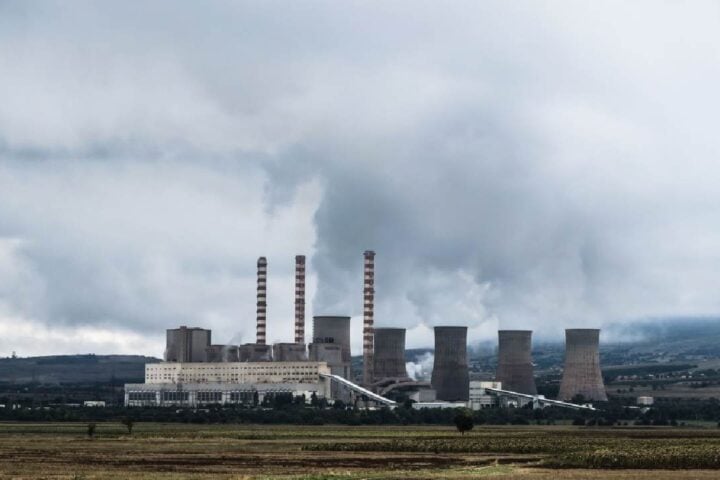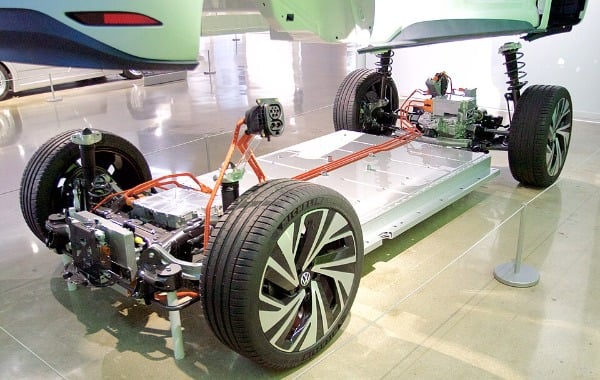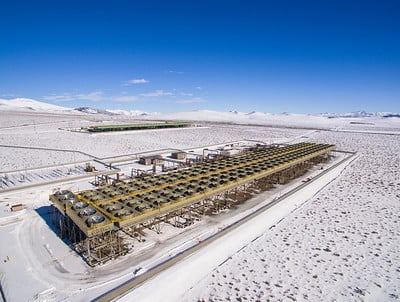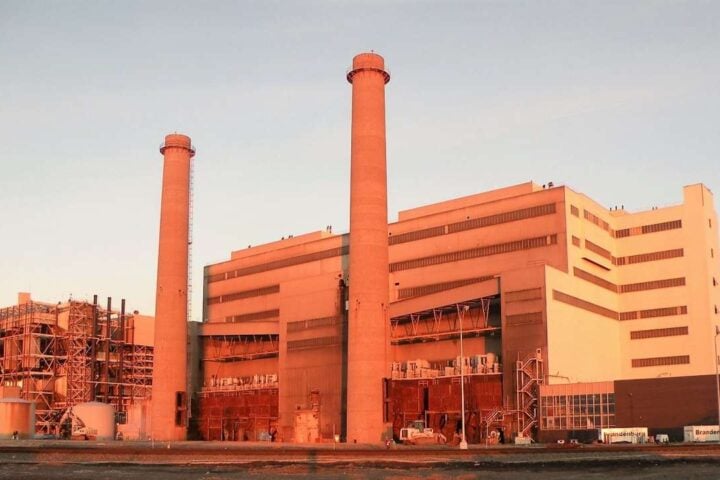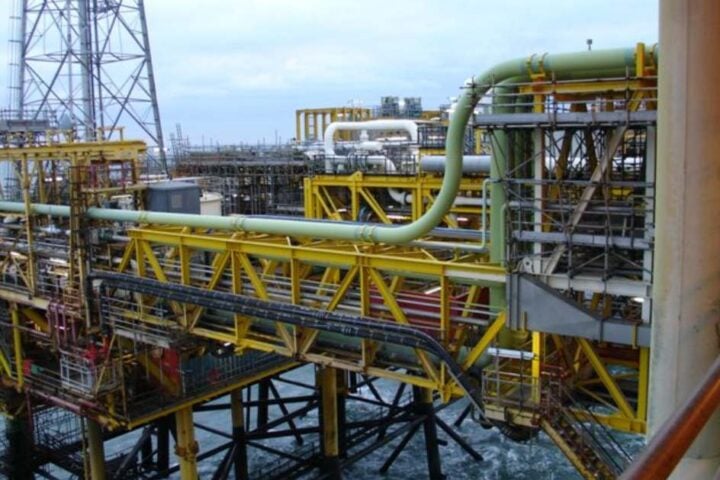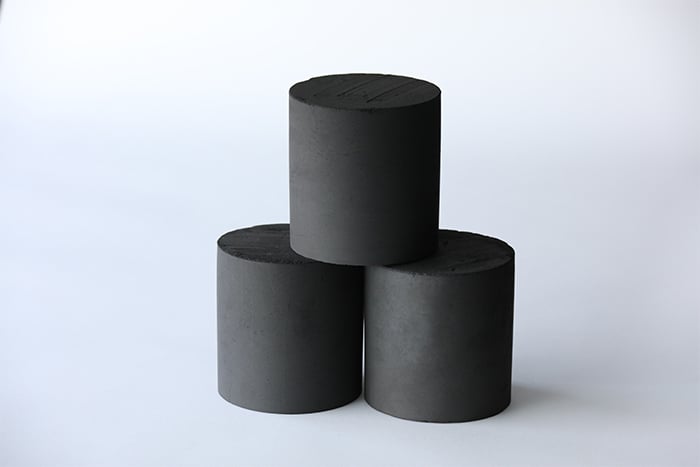Racing to reach net-zero transportation goals, Innolith, the Swiss-German startup, is driving the evolution of electric mobility. Its recent launch of the high-performance I-State battery presents an unprecedented leap towards cleaner, more sustainable, and affordable electric vehicles (EVs).
While traditional lithium-ion batteries have had undeniable environmental drawbacks, from destructive mining practices to recycling challenges, Innolith’s I-State battery lessens these impacts significantly. It utilizes an innovative inorganic liquid electrolyte technology that boosts energy density, reduces fire safety risks, and improves performance in extreme temperatures. An added advantage is its capacity to operate at higher voltages than lithium-ion counterparts, thus enhancing battery efficiency.
In the words of Konstantin Solodovnikov, CEO of Innolith, “I-State goes further, costs less and is environmentally more sustainable.” The I-State battery also reduces the use of rare-earth metals by 20% per kilowatt-hour and employs locally produced, recyclable electrolyte, thus ticking the sustainability box on multiple fronts.
After nearly two decades of research, Innolith’s revolutionary battery technology is gaining traction. It is drawing commercial interest from various sectors, including off-road, aviation, and mining applications. To support its production, the company has signed Memoranda of Understanding (MoU) with five customers for a requirement of 100 MWh per year. The promising partnerships extend to heavy-duty non-road mobile machinery manufacturer, Xerotech, and one of the top ten largest car companies.
The unique technology also enables higher cathode capacity utilization—nearly 100% of available Lithium—translating to significant cost savings. The company has also made strides in developing chemistries that further cut costs and reduce the carbon footprint of EVs. As Solodovnikov explains, “The world needs better batteries to drive the transition to a greener economy for environmental, energy security, and economic efficiency reasons.”
With 350-400 Wh/kg energy densities in development, the I-State platform promises longer EV range. The potential to bring EVs closer to the cost of Internal Combustion Engine (ICE) vehicles is truly transformative. Solodovnikov stresses, “This new technology will provide the EV battery for the next step in the world’s transition to renewable energy.”
However, while this innovation is a tremendous leap forward, questions remain. Can Innolith’s technology be scaled effectively to meet the massive global demand for EV batteries? Will this new battery technology be as durable and reliable as traditional lithium-ion batteries over the long term?
By adhering to principles of Reduce, Reuse, and Recycle, Innolith is integrating sustainability into its core. Innolith has designed its batteries for reuse, minimizing waste. The technology allows a 20% reduction in rare-earth metal usage per kWh and utilizes locally-produced, fully recyclable electrolytes, significantly curbing carbon emissions. Innolith is also repurposing global SO2 waste, with potential to reuse up to 5% of all man-made SO2 waste by 2035. Innovatively, it seeks to use over 70% recycled materials and has developed the first-ever fully recoverable electrolyte system, aligning with upcoming EU circular economy regulations. With goals of climate-neutral manufacturing by 2026 and 100% renewable energy in production, Innolith solidifies its commitment to a sustainable future.
As the world grapples with the exigent need to transition to sustainable energy solutions, Innolith’s I-State technology certainly presents a compelling case. The Green Products Awards’ Mobility Prize-winning I-State battery could be the catalyst needed to drive the EV industry into a cleaner, more sustainable, and accessible future.

